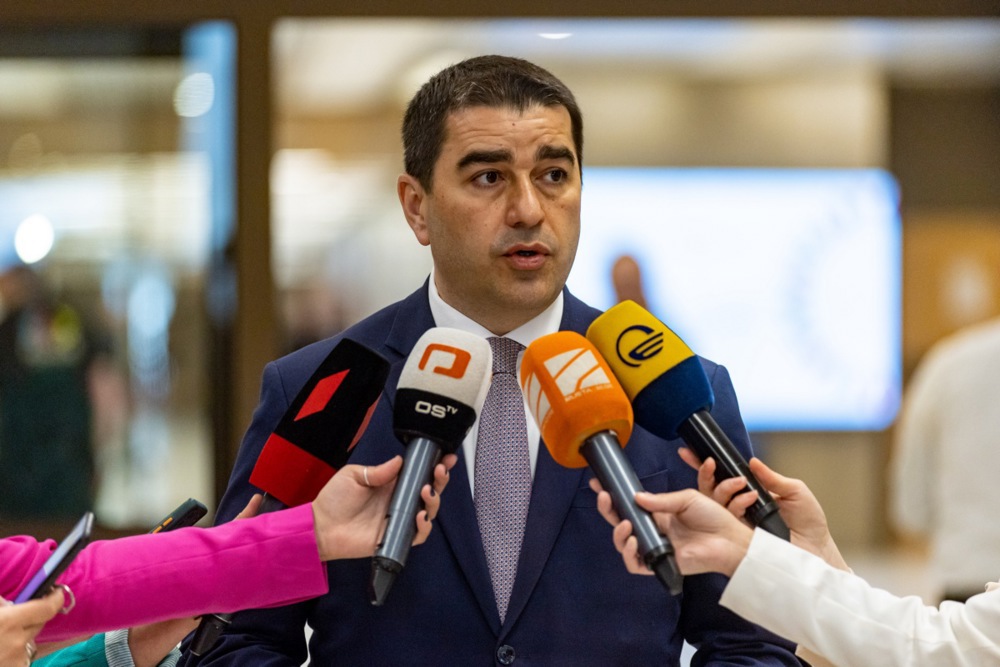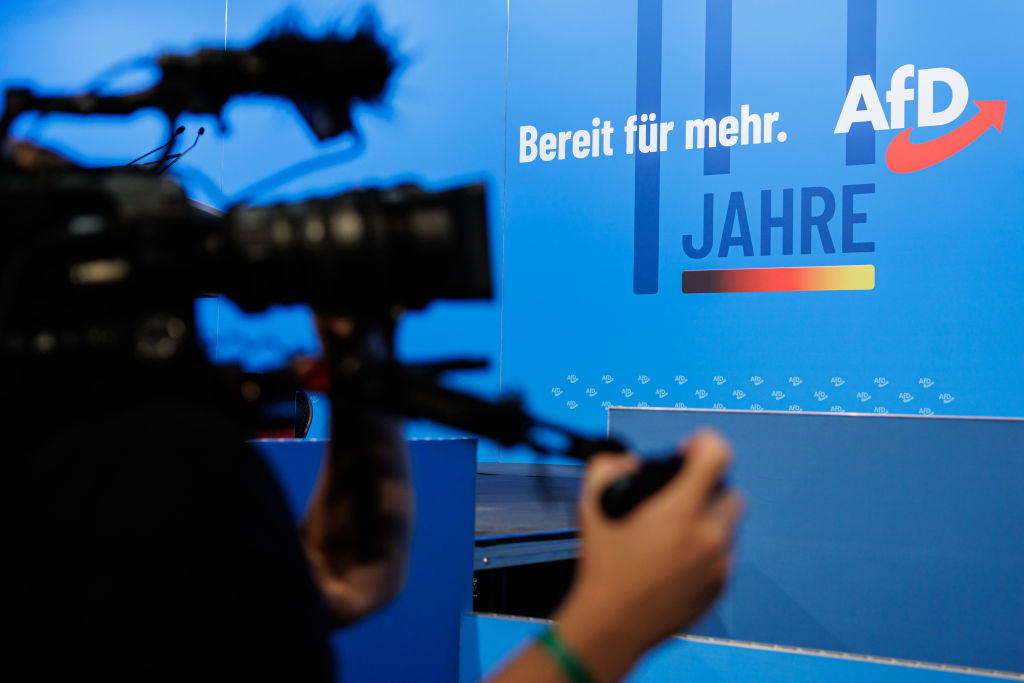An Irish court issued warrants in secret to the Irish police in June who wanted to search for confidential information from the X account of conservative news portal Gript Media — with neither the management nor the journalists at Gript knowing anything about the order until the last few days.
The order was granted to An Garda Síochána, the national police and security service, allowing the service to seek detailed private information about Gript Media’s account on X.
Despite the court’s directive, Gript Media did not provide any data to An Garda Síochána and insisted it would not comply with such orders in the future.
“We will go to prison before we comply with a court order that compels us to hand over confidential information provided to us in good faith.”
The outlet condemned the court order as a serious attack on press freedom and journalistic integrity in Ireland.
It warned that providing such data to law enforcement would effectively turn journalists into intelligence-gathering agents for the State, compromising the trust of readers and confidential sources.
The order, granted on June 13, 2024, issued without Gript Media’s knowledge or the opportunity to contest it, gave the police full access to private messages and communications, as well as IP details of all persons with access to the account.
It was sought by the An Garda Síochána in connection with a criminal investigation into protests against the opening of a migrant asylum centre that took place on April 25 and 26, 2024, in Newtownmountkennedy.
At the time, the Irish outlet filmed Irish police officers “engaging in the use of force – including, notably, the moment when Gript journalist Fatima Gunning was pepper-sprayed.”
Regardless, Gript Media stated that it did not possess information relevant to any criminal investigation. The media outlet was not notified of the order at the time and only learned of its existence in the past few days, it said.
“And to date, no material in relation to this court order has been handed over to An Garda Síochána,” the Gript Media management team said in a press statement on February 17.
Under Irish law, X had no obligation to tell the outlet about the request. However, the Elon Musk-owned platform said it had declined to share the requested information with the authorities.
Gript Media publicly thanked X for that decision, praising the platform’s commitment to free speech and press freedom under Musk’s ownership.
Gript Media stressed that the right to protect sources was fundamental to journalism and that it was the outlet’s obligation is to shed light on issues of public interest while ensuring that offered information remained protected.
Ireland has announced a swathe of online speech controls that will be applicable across the European Union as a result of the bloc’s Audiovisual Media Services Directive. https://t.co/sAZg2Aa3pb
— Brussels Signal (@brusselssignal) October 22, 2024
“In recent years, Irish Governments have poured taxpayer funds into our competitor publications – funds which this outlet has declined to apply for, or seek, because to do so would be to compromise our independence,” Gript Media said in its press statement.
“The justification for providing those funds has always been the same – that the Irish State professes to support and value the work of a free and independent media.
“Yet while ministers blabber about a free press while awarding vast sums to reporters, agents of the state – which An Garda Siochána are – have been simultaneously undermining that freedom by seeking to unveil our private messages and gather personal data belonging to our reporters.”
Furthermore, Gript Media said it could not rule out the possibility that similar orders had been issued against other platforms hosting its content, or whether those platforms had complied.
It also questioned whether other media outlets had faced similar government scrutiny, although it said it considered this unlikely.
The police used a law intended to pursue investigations into money launderers, drug traffickers and terrorist financiers, which was expanded by a Section 63 order, “giving them the right to spy on a news organisation”, Gript Media said.
In a reply to the news outlet, the An Garda Síochána said: “In order to vindicate the rights of potential victims of crime, An Garda Síochána has a positive obligation to obtain all available evidence relating to particular incidents.”
“At times, such evidence is procured on foot of warrants being issued by the Courts to An Garda Síochána.”
It added that concerns regarding potential abuse were a matter for the district court judge.
“That’s quite a convenient arrangement given that these orders are sought and granted in secret,” Gript Media said in a reply.
According to its journalists, the Irish police refused to answer if they ever used Section 63 against another media organisation or to access the private data of politicians or election candidates.
A statement by the Gript Media Management Team:https://t.co/hApNwynXFu
— gript (@griptmedia) February 18, 2025





